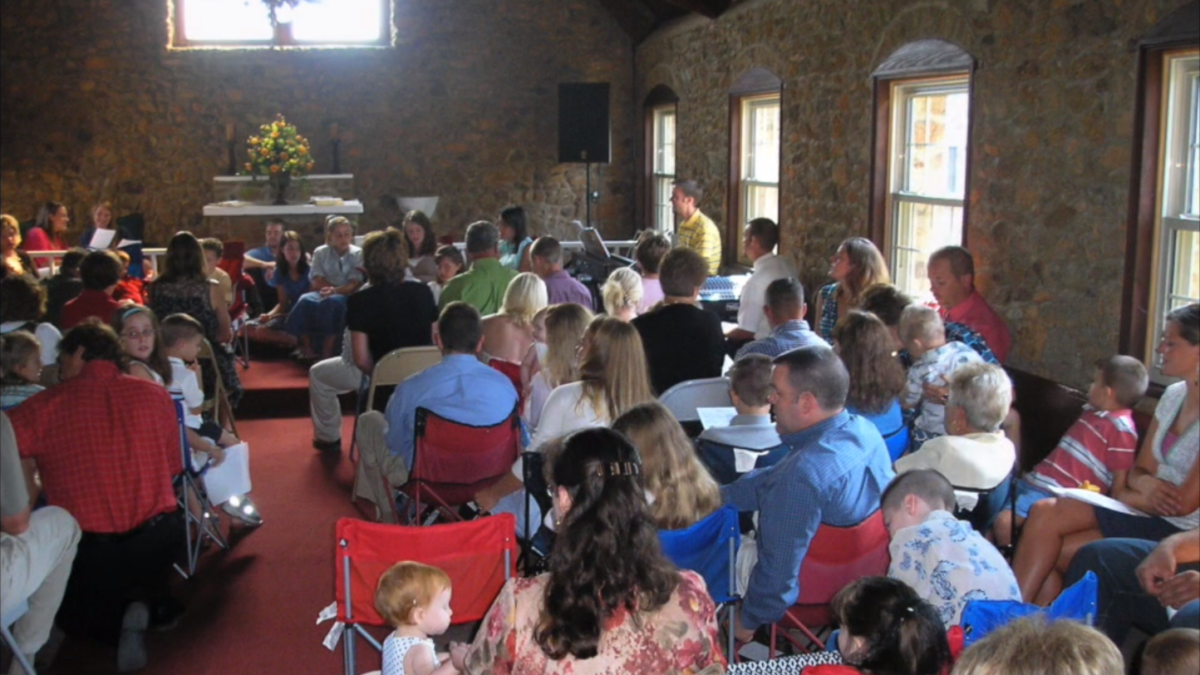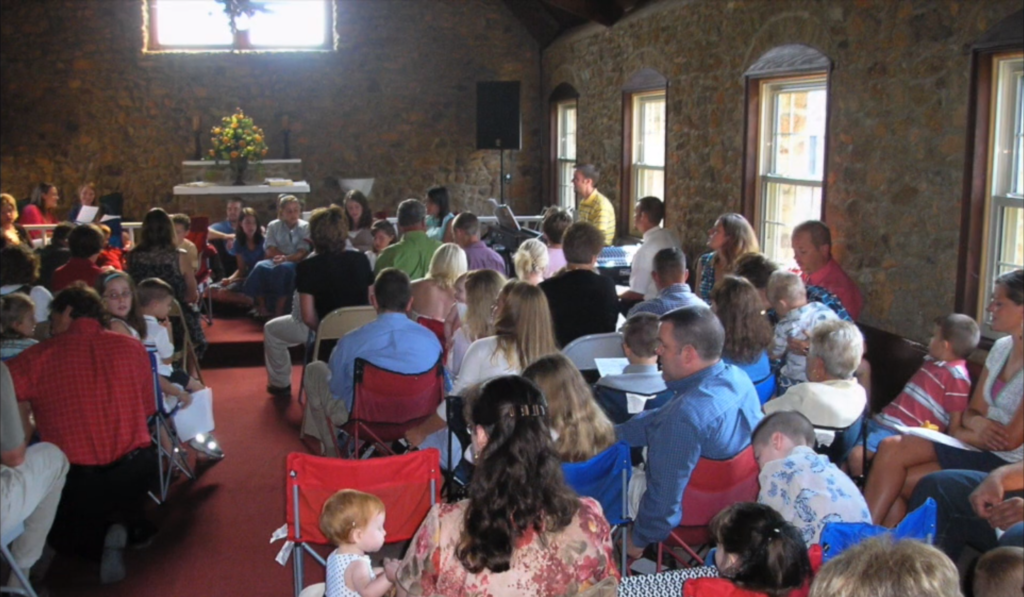
Church Should Be Personal
April 15, 2021
Church Definition and Application
May 5, 2021Church and Isolation

The church that our Lord Jesus established was founded on relationships.
Relationship with God and relationship with others. The motivation of these relationships is love.
“A new commandment I give to you, that you love one another: just as I have loved you, you also are to love one another. By this all people will know that you are my disciples, if you have love for one another.” John 13:34-35 (ESV)
The early church record creates a very clear picture of relational living. Those who believed in Jesus as Messiah lived life together. Their faith created a new family dynamic. They ate meals together, prayed together, learned together, shared with one another, and helped one another. It is very evident that through Jesus, “relational living” was interwoven in the new covenant.

The isolation that the early church experienced was through persecution and rejection of society. Through these challenging circumstances, the church pressed closer to God and one another. People of all backgrounds were embraced in the body of Christ. The belief in Christ and his resurrection from the grave unified believers in both heart and mind. People were validated with a new identity in Christ. Their lives were given a new purpose through the message of the gospel. Everyone was expected to participate because it was relationship driven. The church was a participation experience.
Today, churches feel pressure to provide amazing programs because many Americans have become consumer driven. This consumer expectation has infiltrated the church. Gone are the days when everyone is expected to participate. We have slowly replaced relational participation for transactional relationships. My friend Jon says that it is like going to your preferred coffee shop where you get your favorite drink. You interact with your barista with a quick “hello”, “how is it going” small talk while you wait, and then move on. This can qualify as a “relationship,” but it is superficial and shallow.
Technology has infiltrated our perspective on “relational living” to the point of making spectating through social media feel like connection. It is so convincing that we fail to realize we are deprived of living, giving relationships. So many people have become isolated from living life through the internet and social media. The lack of true connectivity leads to loneliness, anxiety, and depression.
The current pandemic has only added to this already challenging social dynamic. The response plan of social distancing was promoted as a health safety measure but it has exposed the reality of an ever growing issue. Isolation is becoming a normal way of life for many people. The alternative use of the internet and social media has been implemented in nearly every church to accommodate the pandemic challenge. These alternative plans are good for a reason or a season, but it is not God’s intent for a lifetime. God’s plan for making disciples is a very relational plan. Isolated living is a stark contrast from God’s plan for the church.
The church is a relational, participation experience. We must remain committed to Christ and the importance of relational living.

